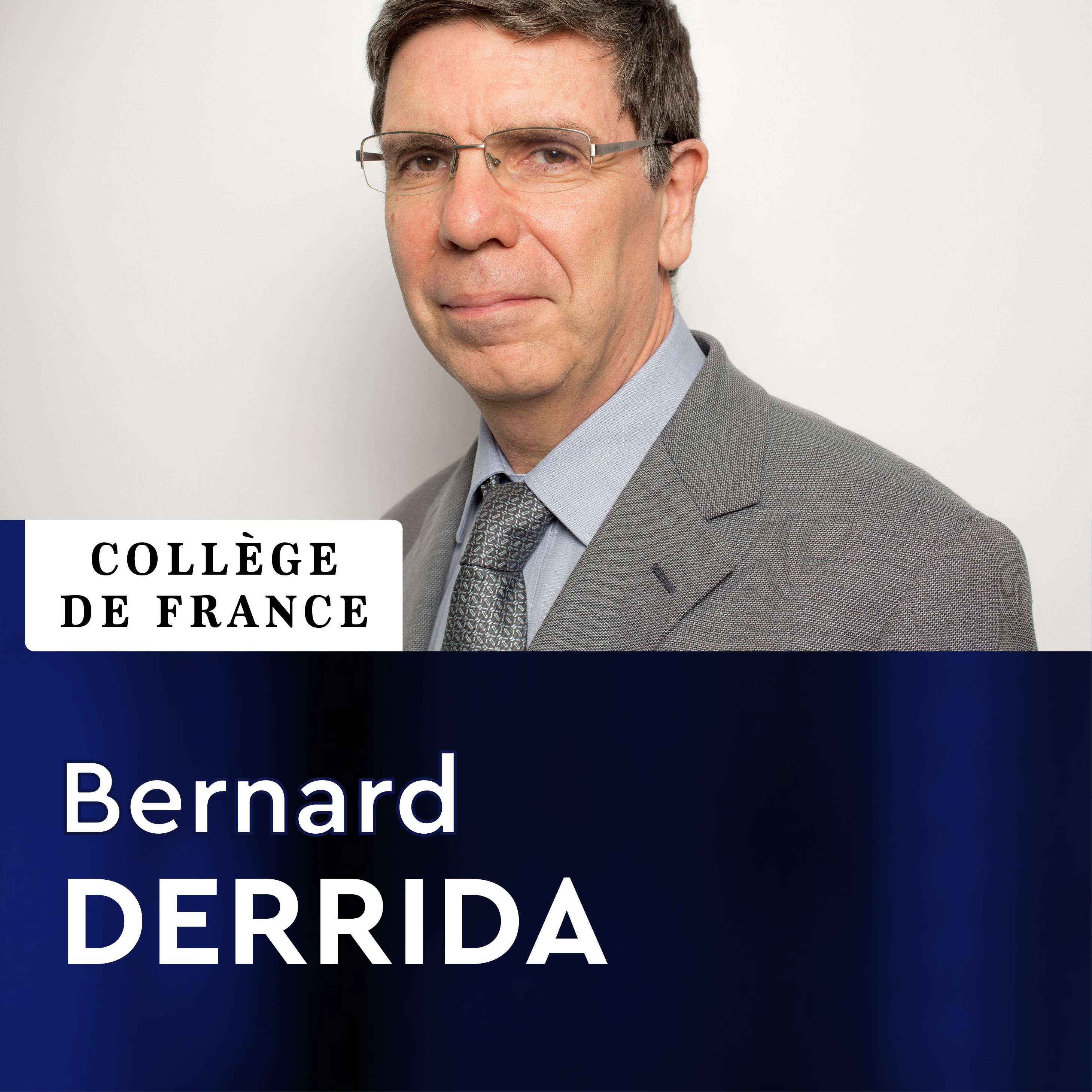Leonid Pastur – Entanglement: Definition, Properties and Simple Models
Description
Bernard DerridaPhysique statistiqueCollège de FranceAnnée 2022-2023Leonid Pastur – Entanglement in Disordered SystemsSérie de quatre conférences en anglais.Entanglement is a fundamental intrinsic property of quantum systems manifesting strong non-local and non-classical correlations in them. In its simplest form entanglement causes two quantum particles to share a common pure state in which the particle do not have pure states of their own. Various aspects of entanglement proved to be of great interest and importance for a number of branches of modern physics and adjacent sciences both fundamental and applied, cosmology and quantum information science between them. Being a quite multifaceted phenomenon, entanglement requires a variety of numerical characteristics (quantifiers, entanglement measures, entanglement witnesses) to be analyzed and measured. The problem is quite non-trivial already in the simplest case of bipartite systems, where one party (central) is that we are interested in and the second ("environment") is connected with the central party in a certain way and affects its properties, destroying, quite often, quantum correlations in it.Most of obtained results of the field concern deterministic (ideal) systems where no imperfections (impurities) are present either in the central system nor it the environment. On the other hand, modern physics deals with a wide variety of problems where the randomness ("nonideality") of the quantum system under consideration is indispensable. It suffices to recall the transport properties of quantum condensed systems, e.g. their electrical and thermal conductivity, where physically consistent properties arise only when scattering by impurities is taken into account, manifesting a rather subtle interplay between quantum coherence and disorder. One more situation where randomness is widely used is that with the lack of knowledge on the systems, which makes it worthwhile to consider their typical and/or generic properties.In the view of the above, the course focuses on two problems motivated by quantum optics, quantum informatics and quantum statistical mechanics. The first is the time evolution of the entanglement characteristics (quantifiers) of two qubits embedded into a random environment. The environment is modelled by random matrices of large size. Several dynamic regimes are discussed, including the disappearance and subsequent appearance of entanglement at finite times (in contrast to the standard regime of exponential decay at long times).The second problem is on the spatial asymptotic behaviour of the entanglement entropy of large blocks of the macroscopic (extended) system of free disordered fermions. It is shown that, unlike the translation invariant case, where the entanglement entropy is known to obey either the so-called area law or the logarithmic enhanced area law, in the disordered case, where the Anderson localization is present, the logarithmic enhanced area law is absent.Leonid Pastur est invité par l'Assemblée du Collège de France, sur proposition du Pr Bernard Derrida.
More Episodes
Published 02/13/23
Bernard Derrida
Physique statistique
Collège de France
Année 2022-2023
Théorie des systèmes complexes : des verres de spin aux réseaux de neurones
Séminaire - Guy Bunin : Many-Species Dynamics in Ecosystems
Intervenant(s)
Guy Bunin, Technion, Haifa
Published 02/13/23
Bernard Derrida
Physique statistique
Collège de France
Année 2022-2023
Théorie des systèmes complexes : des verres de spin aux réseaux de neurones
Réseaux de neurones asymétriques et automates aléatoires
Published 02/13/23


